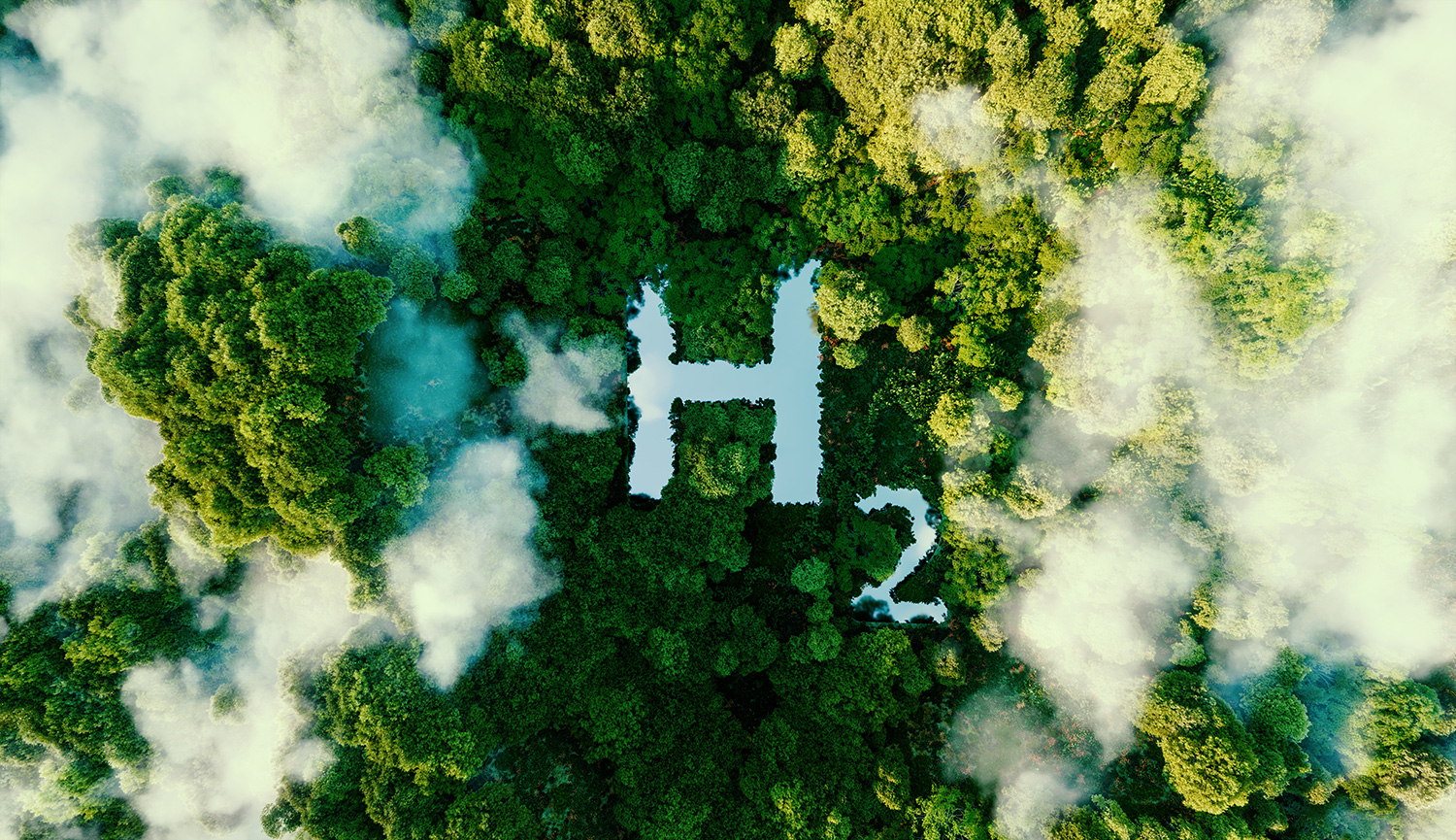Hydrogen
Hydrogen is seen as critical for the EU’s commitment to achieving carbon neutrality by 2050 (Net Zero). One of the advantages is that hydrogen offers a solution for phasing out fossil fuels in industrial processes, and in sectors in which cutting carbon emissions is challenging, through other alternative climate measures.
Nordion Energi is part of the European Hydrogen Backbone (EHB) External link. initiative, which aims to drive Europe’s transition to climate neutrality. We do this by such means as investigating and demonstrating how a hydrogen infrastructure, based on existing and new pipelines, can contribute to a competitive European market for renewable energy and green hydrogen.
External link. initiative, which aims to drive Europe’s transition to climate neutrality. We do this by such means as investigating and demonstrating how a hydrogen infrastructure, based on existing and new pipelines, can contribute to a competitive European market for renewable energy and green hydrogen.
The initiative also aims to promote cross-border collaboration between European countries and their neighbours. We look forward to continuing to discuss our shared vision with stakeholders, including decision-makers, companies and initiatives along the hydrogen value chain.
Potential hydrogen routes in Europe
Nordion Energi’s and Gasgrid Finland’s joint initiative known as the Nordic Hydrogen Route (NHR) is part of this vision, and is one of five identified hydrogen routes planned by the EHB to achieve the goals by 2030 and fulfil the supply and demand of hydrogen identified in the REPowerEU Plan.
Baltic Sea Hydrogen Collector (BHC) is a collaborative project between Nordion Energi, Gasgrid Finland, OX2 and Copenhagen Infrastructure Partners that opens up opportunities for more and sustainable hydrogen in Europe. By connecting offshore gas infrastructure between Sweden, Finland, Åland, Denmark and Germany, we can strengthen self-sufficiency in energy and guarantee access to an open, reliable and safe hydrogen market.
These routes will initially link domestic local supply and demand for hydrogen. The idea going forward is to extend this hydrogen route to connect European regions and neighbouring countries. This will contribute to European energy independence and enable us to actively drive the transition to net zero emissions and security of supply.
The role of hydrogen in the Swedish transition
Energy and distribution exist with a smaller carbon footprint that already work today. But new forms of collaboration are needed between the different actors in society in order to realise this opportunity.
The independent study entitled The role of gas and gas infrastructure in Swedish decarbonisation pathways 2020–2045 highlights the future need for a combination of green gases in the energy system. For biogas, it is estimated that the demand across Sweden will increase to 14–29 TWh per year in 2045.
The Pathway study was presented by Energiforsk in 2021 in collaboration with a number of stakeholders, including Nordion Energi. The study shows, among other things, that Sweden can become self-sufficient in hydrogen, which would increase the country’s energy independence. The study also indicates that the infrastructure should be linked to the Nordic and European energy grids that are now being built.

